Colon hydrotherapy, also known as colonic irrigation or a colonic, is a procedure that involves flushing the colon with water to remove waste material. While some claim it offers detoxification benefits and improved digestive health, medical opinions on its effectiveness and safety remain divided. This comprehensive guide explores what colon hydrotherapy entails, its potential benefits and risks, and what scientific evidence actually tells us about this controversial practice.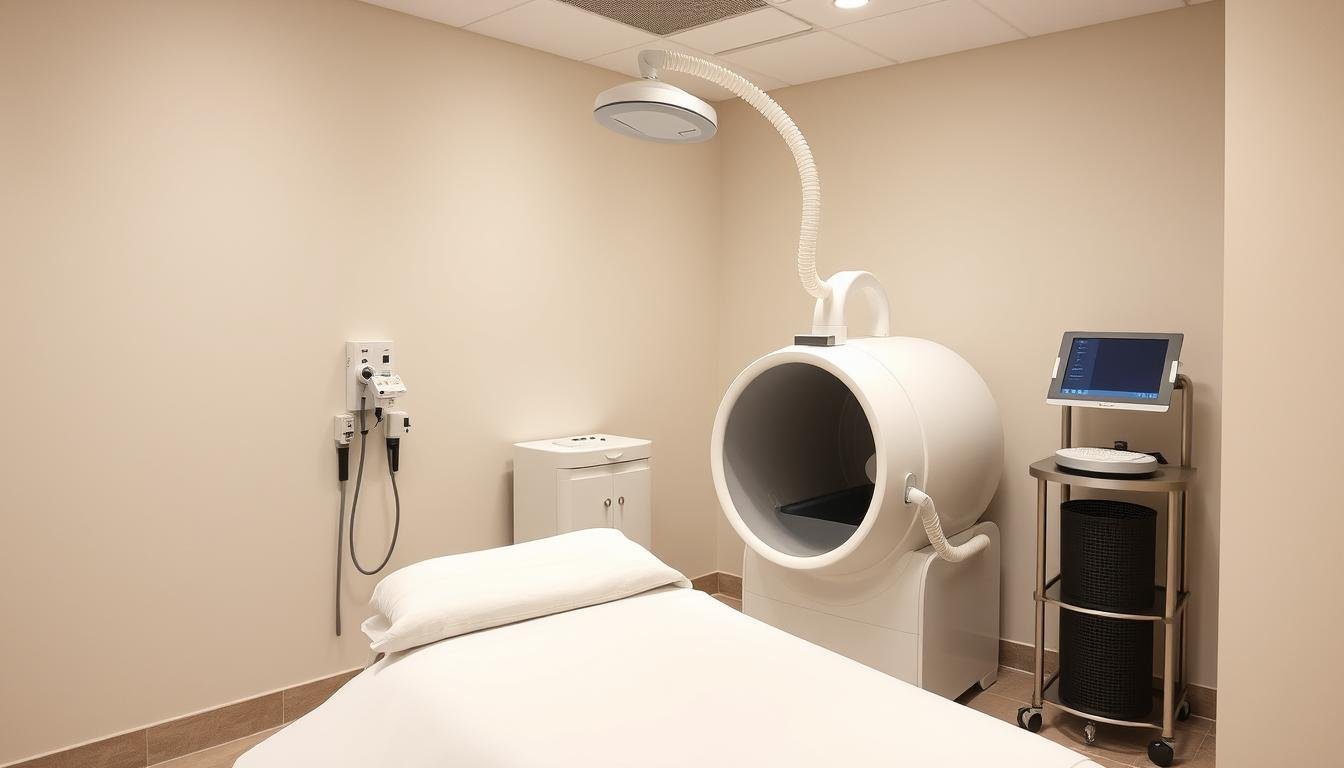
What Is Colon Hydrotherapy and How Does It Work?
Colon hydrotherapy is a procedure where a practitioner introduces filtered, temperature-regulated water into the colon through a tube inserted into the rectum. This water gently circulates throughout the large intestine, helping to soften and loosen waste material, which is then expelled through a different tube. The procedure aims to remove accumulated waste that some practitioners believe can cause toxin buildup in the body.
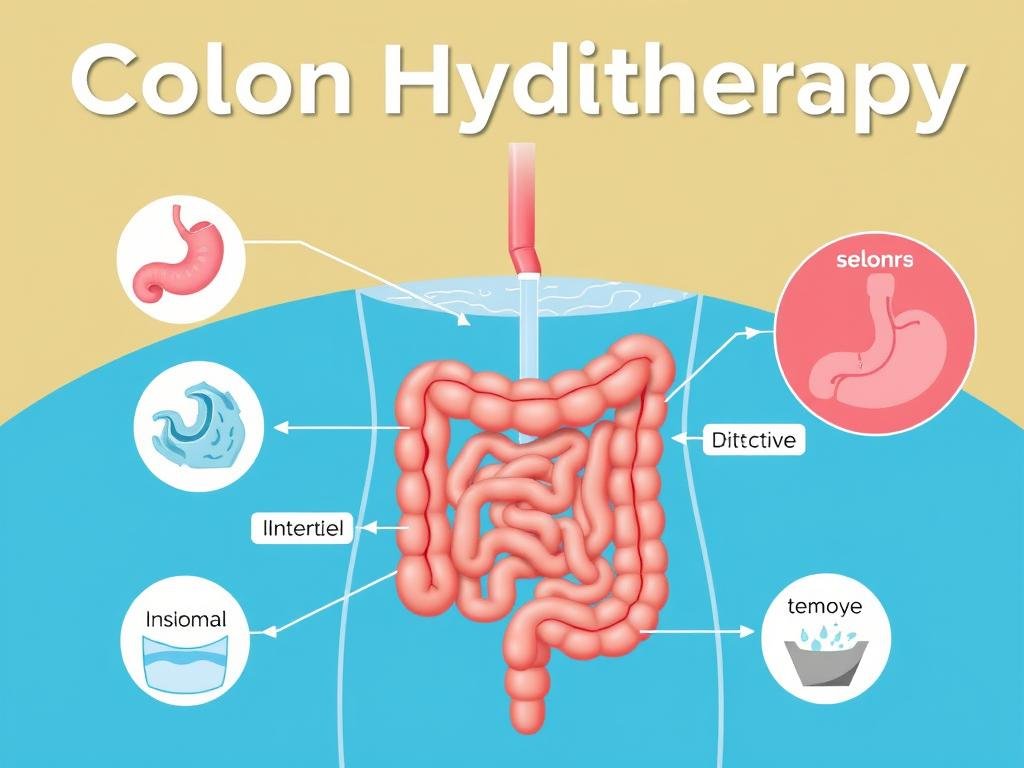
Historical Background of Colonic Irrigation
The practice of cleansing the colon dates back thousands of years. Ancient Egyptian medical papyri mention similar procedures, and various forms of intestinal cleansing were practiced in traditional Chinese medicine and Ayurvedic healing. In the early 20th century, the theory of “autointoxication” – the idea that waste products in the colon could poison the body – gained popularity and led to widespread use of colonic treatments.
Modern colon hydrotherapy emerged in the 1950s and has evolved to use specialized equipment with disposable components and filtered water systems. Today, it’s primarily offered at alternative health clinics, wellness centers, and some spas, though it remains controversial in mainstream medicine.
Potential Benefits and Risks of Colon Hydrotherapy
Claimed Benefits
Proponents of colon hydrotherapy suggest several potential benefits, though it’s important to note that many of these claims lack substantial scientific evidence:
- Removal of accumulated waste and toxins
- Improved digestive function and relief from constipation
- Enhanced energy levels and mental clarity
- Support for weight management efforts
- Reduced bloating and gas
- Improved immune system function
- Better absorption of nutrients
- Relief from IBS symptoms for some individuals
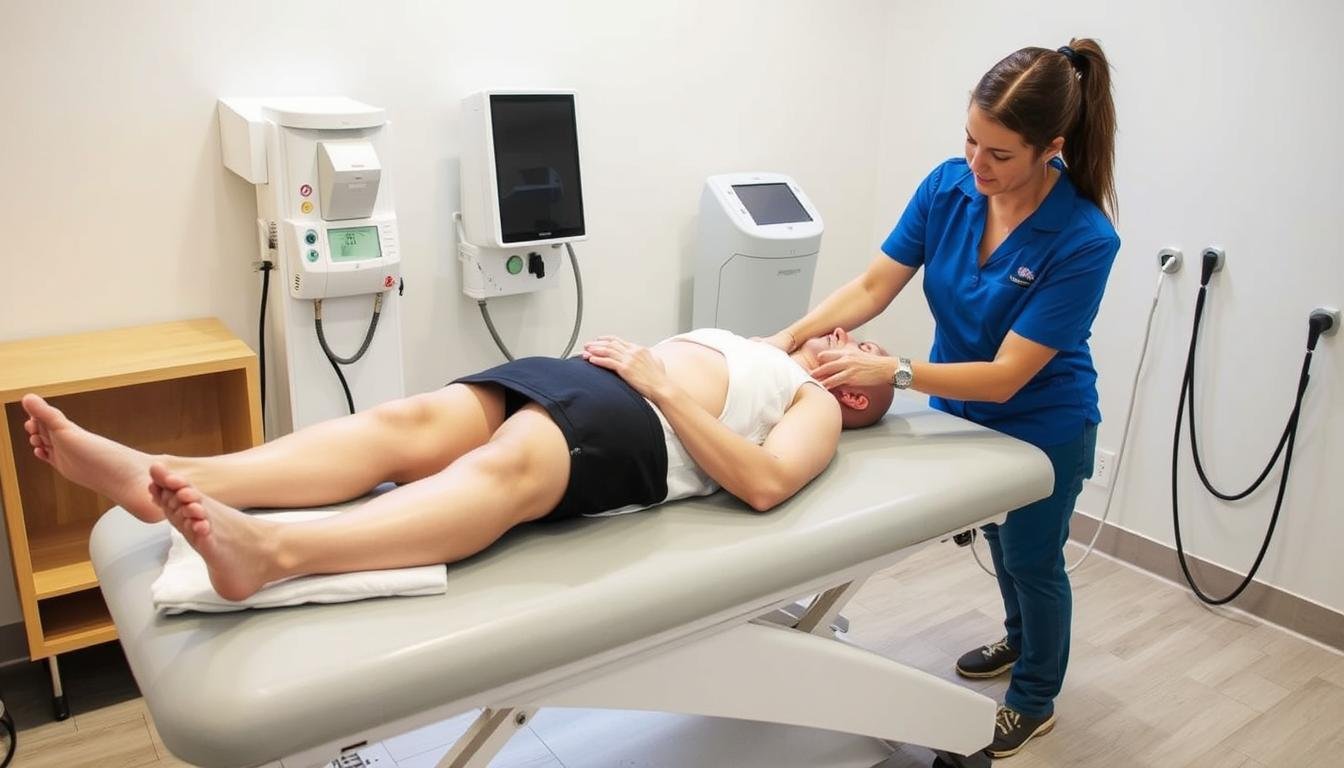
Potential Risks and Side Effects
Medical professionals point out several concerns regarding colon hydrotherapy that anyone considering the procedure should be aware of:
Potential Risks of Colon Hydrotherapy
- Dehydration and electrolyte imbalance
- Perforation of the bowel (rare but serious)
- Infection from improperly sterilized equipment
- Disruption of normal gut bacteria
- Nausea, vomiting, and abdominal cramping
- Kidney and heart problems in vulnerable individuals
People with certain health conditions should avoid colon hydrotherapy entirely, including those with inflammatory bowel diseases like Crohn’s disease or ulcerative colitis, recent colon surgery, severe hemorrhoids, heart or kidney disease, or diverticulitis.
Important: The FDA has not approved colon hydrotherapy devices for routine cleansing use. These devices are only approved for medical purposes such as cleansing before radiological or endoscopic examinations.
The Colon Hydrotherapy Procedure: What to Expect
Before the Procedure: Preparation
Proper preparation can help ensure a more comfortable colon hydrotherapy experience:
- Avoid eating heavy meals for 2 hours before your appointment
- Stay well-hydrated in the days leading up to the procedure
- Avoid gas-forming foods like beans, cabbage, and carbonated beverages
- Inform your practitioner about any medical conditions, medications, or allergies
- Consider timing your session when you’re not menstruating for greater comfort
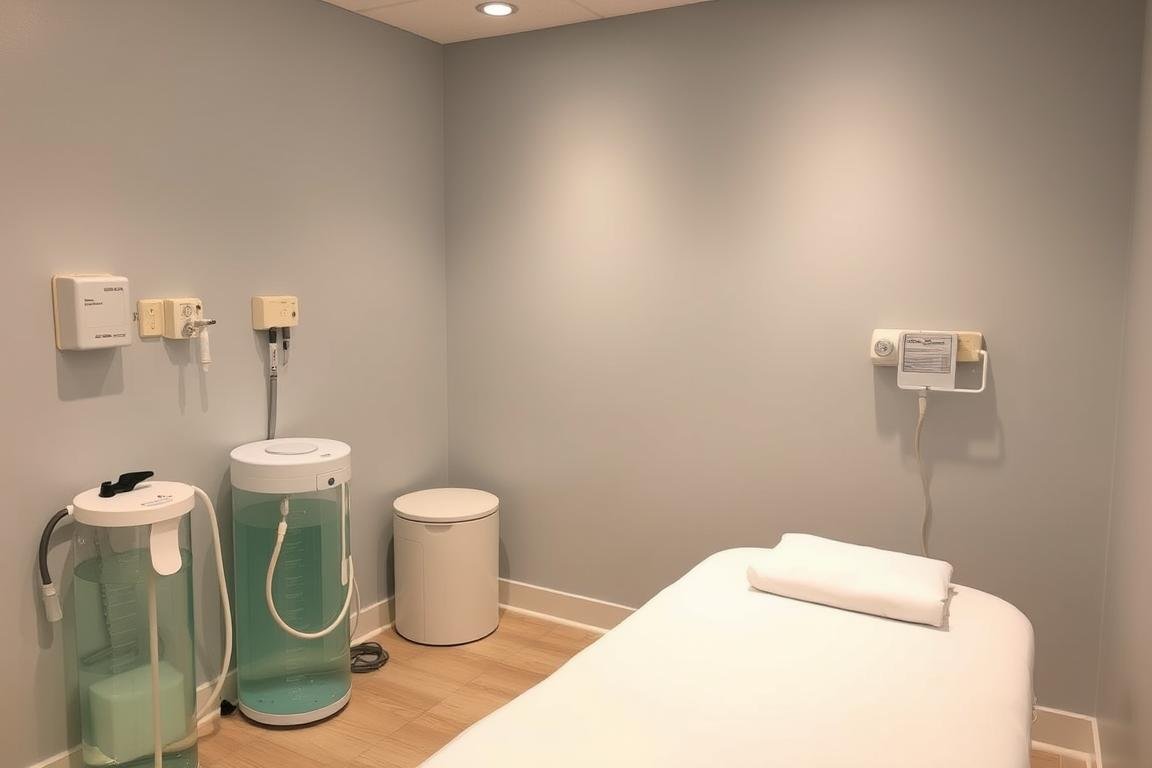
During the Procedure: Step-by-Step
A typical colon hydrotherapy session follows these steps:
- The practitioner will explain the procedure and answer any questions
- You’ll change into a gown and lie on a treatment table
- A small, disposable speculum with attached tubing is gently inserted into the rectum
- Filtered, temperature-controlled water flows into the colon through one tube
- As the colon fills with water, you may feel fullness or mild cramping
- Waste material and water exit through a separate tube into a closed system
- The practitioner may use light abdominal massage to help release waste
- The process of filling and emptying repeats several times over 30-45 minutes
After the Procedure: Aftercare
Following a colon hydrotherapy session, practitioners typically recommend:
- Drinking plenty of water to rehydrate
- Consuming probiotics to help restore gut bacteria
- Eating light, easily digestible meals for 24 hours
- Avoiding alcohol, caffeine, and processed foods temporarily
- Resting if you feel tired or experience mild cramping
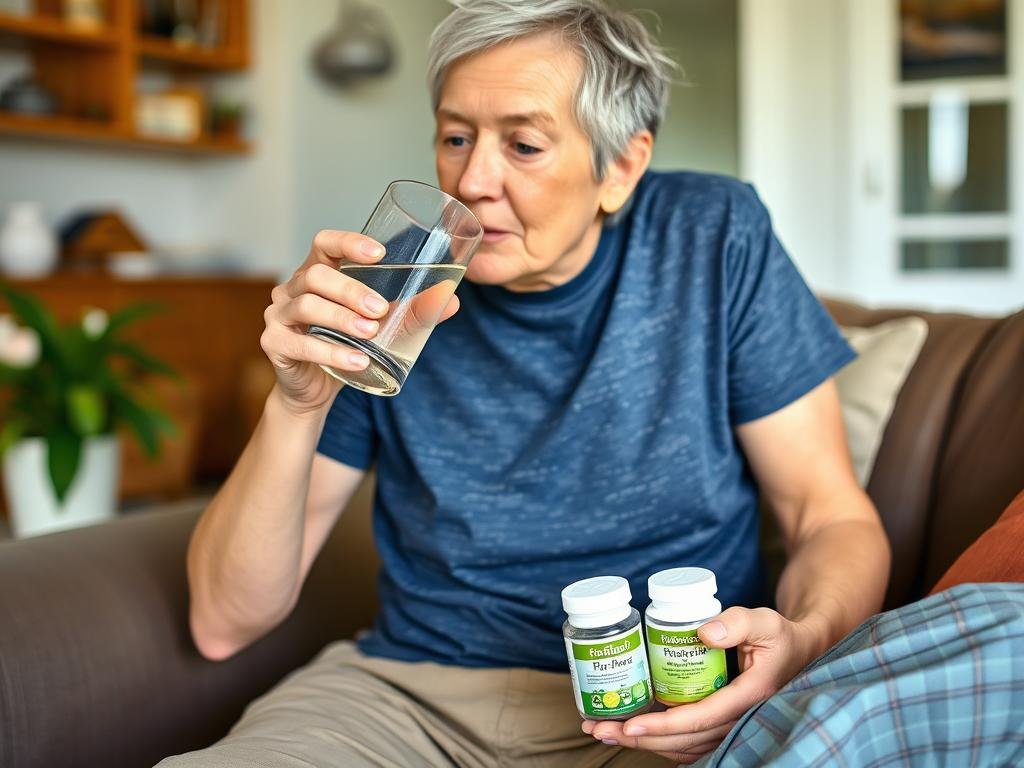
Have Digestive Health Concerns?
If you’re experiencing digestive issues, speaking with a gastroenterologist can help identify the most appropriate and evidence-based treatments for your specific condition.
Colonic Machine Info
Comparing Colon Hydrotherapy to Other Detox Methods
Colon hydrotherapy is just one of several approaches people use for digestive cleansing and detoxification. Understanding how it compares to other methods can help you make more informed decisions about your health.
| Method |
Procedure |
Duration |
Potential Benefits |
Considerations |
| Colon Hydrotherapy |
Water introduced into colon through rectum |
30-60 minutes per session |
Immediate removal of waste |
Invasive, potential risks, requires practitioner |
| Juice Cleanse |
Consuming only fruit/vegetable juices |
1-7 days typically |
Nutrient intake, reduced digestive workload |
Calorie restriction, potential hunger |
| Enema |
Small amount of fluid into rectum |
5-15 minutes |
Relief from constipation |
Only affects lower colon, temporary relief |
| Fasting |
Abstaining from food for set period |
12 hours to several days |
Digestive rest, potential metabolic benefits |
Hunger, not suitable for everyone |
| Fiber Supplements |
Taking psyllium or other fiber |
Ongoing daily use |
Gentle, natural bowel regulation |
Gradual effects, requires consistency |

Colon Hydrotherapy: Myths vs. Evidence-Based Facts
There are many claims surrounding colon hydrotherapy that aren’t supported by scientific evidence. Understanding what’s myth and what’s fact can help you make more informed decisions about this procedure.
Myth: The colon stores toxic waste that poisons the body
This idea, known as “autointoxication,” was popular in the early 20th century but has been debunked by modern medicine. The colon is designed to hold waste temporarily, and the body has efficient systems (liver, kidneys) that handle toxin removal.
Fact: The body has built-in detoxification systems
Your liver, kidneys, digestive system, lungs, and skin continuously work to filter and eliminate waste and toxins. These organs are highly efficient at their jobs without requiring special cleansing procedures.
Myth: Colon hydrotherapy can significantly aid weight loss
While some people report temporary weight loss after colon hydrotherapy, this is primarily due to the removal of water and waste material, not fat. Any weight lost is quickly regained once you eat and drink normally.
Fact: Some medical procedures use similar techniques
Medical professionals do use bowel preparation procedures before colonoscopies or surgeries. However, these are performed for specific diagnostic or treatment purposes, not as routine health maintenance.

Medical Perspective: Major medical organizations, including the American Medical Association and the American Gastroenterological Association, do not endorse colon hydrotherapy for general health maintenance due to lack of scientific evidence supporting its benefits and concerns about potential risks.
Frequently Asked Questions About Colon Hydrotherapy
Is colon hydrotherapy safe?
Colon hydrotherapy carries certain risks, including dehydration, electrolyte imbalance, bowel perforation (rare), and infection. It’s not considered safe for everyone, particularly those with certain medical conditions like inflammatory bowel disease, recent colon surgery, hemorrhoids, or heart or kidney disease. Always consult with a healthcare provider before undergoing this procedure.
How often should you do colon hydrotherapy?
There’s no medically established frequency for colon hydrotherapy. Some practitioners recommend sessions as frequently as weekly or monthly, while others suggest quarterly sessions. However, medical professionals generally don’t recommend regular colon hydrotherapy as part of routine health maintenance due to lack of evidence supporting its benefits and potential risks.
Does colon hydrotherapy hurt?
Most people don’t describe colon hydrotherapy as painful, though you may experience some discomfort, fullness, or cramping during the procedure. The insertion of the speculum may cause momentary discomfort. A skilled practitioner will work to minimize discomfort by adjusting water temperature and flow.
What comes out during colon hydrotherapy?
During colon hydrotherapy, water and waste material from the colon are eliminated. This includes fecal matter, undigested food particles, mucus, and gas. The waste is removed through a closed system and typically isn’t visible to the client during the procedure.

Can colon hydrotherapy help with constipation?
While colon hydrotherapy may provide temporary relief from constipation by removing impacted stool, it doesn’t address underlying causes of chronic constipation. Medical professionals typically recommend dietary changes, increased water intake, physical activity, and possibly medication for managing constipation rather than colon hydrotherapy.
How do I find a qualified colon hydrotherapist?
If you’re considering colon hydrotherapy, look for practitioners who are certified by recognized organizations such as the International Association for Colon Hydrotherapy (I-ACT) or the National Board for Colon Hydrotherapy (NBCHT). Ask about their training, experience, hygiene practices, and equipment sterilization procedures. Always consult with your healthcare provider first.
Still Have Questions About Digestive Health?
If you’re experiencing digestive issues or have questions about colon health, speaking with a healthcare professional can provide personalized guidance based on your specific health needs.
Maikong Colon Hydrotherapy Equipment Info
Making Informed Decisions About Colon Hydrotherapy
Colon hydrotherapy remains a controversial practice in the medical community. While some individuals report subjective benefits from the procedure, scientific evidence supporting its use for general health maintenance is limited. The human body has sophisticated systems for eliminating waste and toxins without external assistance.
If you’re experiencing digestive issues like constipation, bloating, or irregular bowel movements, it’s best to start with evidence-based approaches such as increasing fiber and water intake, regular physical activity, and consulting with a healthcare provider. These professionals can help identify any underlying conditions and recommend appropriate treatments.
Should you decide to explore colon hydrotherapy, do so with a full understanding of both potential benefits and risks. Always consult with your healthcare provider first, especially if you have any existing health conditions, and choose a certified, experienced practitioner who maintains strict hygiene standards.

Remember: The best approach to digestive health combines a fiber-rich diet, adequate hydration, regular exercise, stress management, and appropriate medical care when needed. These evidence-based strategies support your body’s natural processes for maintaining colon health.









